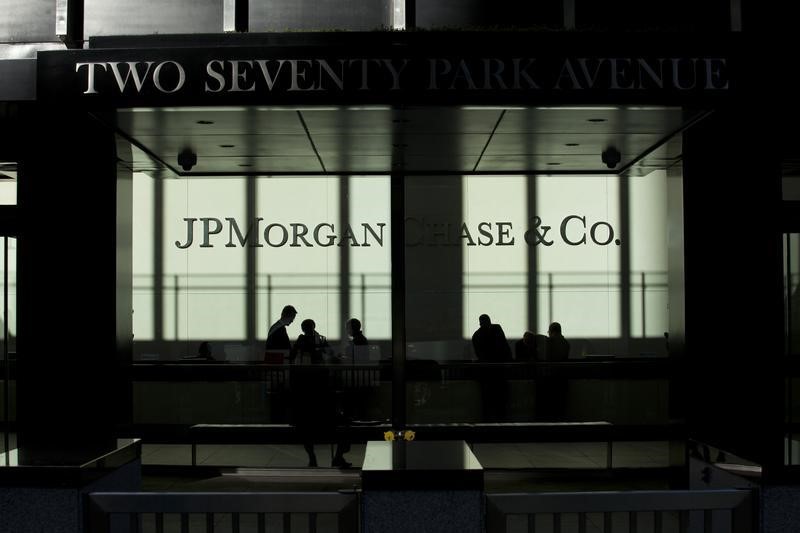This post was originally published on this site
https://i-invdn-com.akamaized.net/trkd-images/LYNXMPEH2L0TL_L.jpg
LONDON (Reuters) – The market for bonds that are linked to companies meeting certain environmental goals could grow 20-fold this year to between $120 billion and $150 billion, a senior JP Morgan banker said, as businesses look to tap into booming demand.
COVID-19 has boosted interest in companies that perform well on environmental, social and governance (ESG) targets as it led to an assessment of how economies should look in future, lifting the volume of green and social bonds sold to raise new funds.
Most ESG-linked bonds issued in recent years require the issuer to spend proceeds on specific projects.
But sustainability-linked bonds (SLB) allow firms to raise money for general corporate purposes while promising investors that if they do not meet the sustainability targets set — such as cutting carbon emissions — they will pay investors extra.
Marilyn Ceci, global head of ESG developed capital markets (DCM) at JP Morgan and an influential voice in the fast-growing market, said SLBs are an effective way for companies to show a commitment to an ESG goal without raising funds for particular projects.
“I’m calling for the SLB market to grow to around $120 to $150 billion since market inception, and I expect we’ll get that this year,” said Ceci, noting that SLB issuance since inception was about $20 billion. Year-to-date volumes stand around $6.9 billion.
“I get calls from investors more and more saying that they want more SLBs, they like the holistic approach, and they like the skin in the game.”
SLBs are relatively new and investors are less familiar with them than with green bonds. The process of companies paying penalties for failing to meet sustainability targets they have set themselves is also largely untested.
CLEARER RULES
Global green bond issuance could reach $400-$450 billion this year from almost $270 billion last year, the Climate Bonds Initiative estimates.
Ceci, who co-authored the Green Bond Principles on voluntary process guidelines of best practice in the sector, expects the overall market for green, social and sustainable bonds to grow 49% this year to around $690 billion.
Italy’s Enel (MI:ENEI) issued the first sustainability-linked bond in 2019 worth $1.5 billion. In September, Brazilian pulp and paper producer Suzano’s sold a $750 million carbon emissions-linked bond.
Drugmaker Novartis, luxury brand Chanel, supermarket operator Tesco (OTC:TSCDY) and retailer H&M have also issued SLBs recently.
The growth in sustainable bonds is also being fuelled by clearer rules around what they are. The European Central Bank said in September it would accept as collateral green bonds with payouts linked to sustainability targets from 2021.
“One unknown is whether a sovereign will embrace a sustainability-linked bond, that will be very interesting to see,” said Ceci.
Neha Coulon, global head of ESG solutions at JPMorgan (NYSE:JPM), noted that demand for sustainability products was reflected in leveraged loans.
She said that the first two months of 2021 had seen eight sustainability linked loans in the European leveraged loan market versus about seven throughout 2019 and 2020.
Speaking to Reuters before this week’s JPMorgan global ESG conference, Ceci and Coulon said COVID-19 had proved a stress test for ESG.
Graphic: Asset flows into ESG funds in total – https://graphics.reuters.com/GLOBAL-BONDS/azgpodaegvd/chart.png
“This was the first stress test for ESG investing and one of the criticisms historically had been that ESG investing hadn’t been through a full business cycle for us to understand if it was nice to have, or it was really meaningfully decreasing risk and adding alpha,” Coulon said.
Increased engagement in the United States due to more mainstream investors incorporating ESG goals into broader investment policies was also helping growth, Ceci said.

